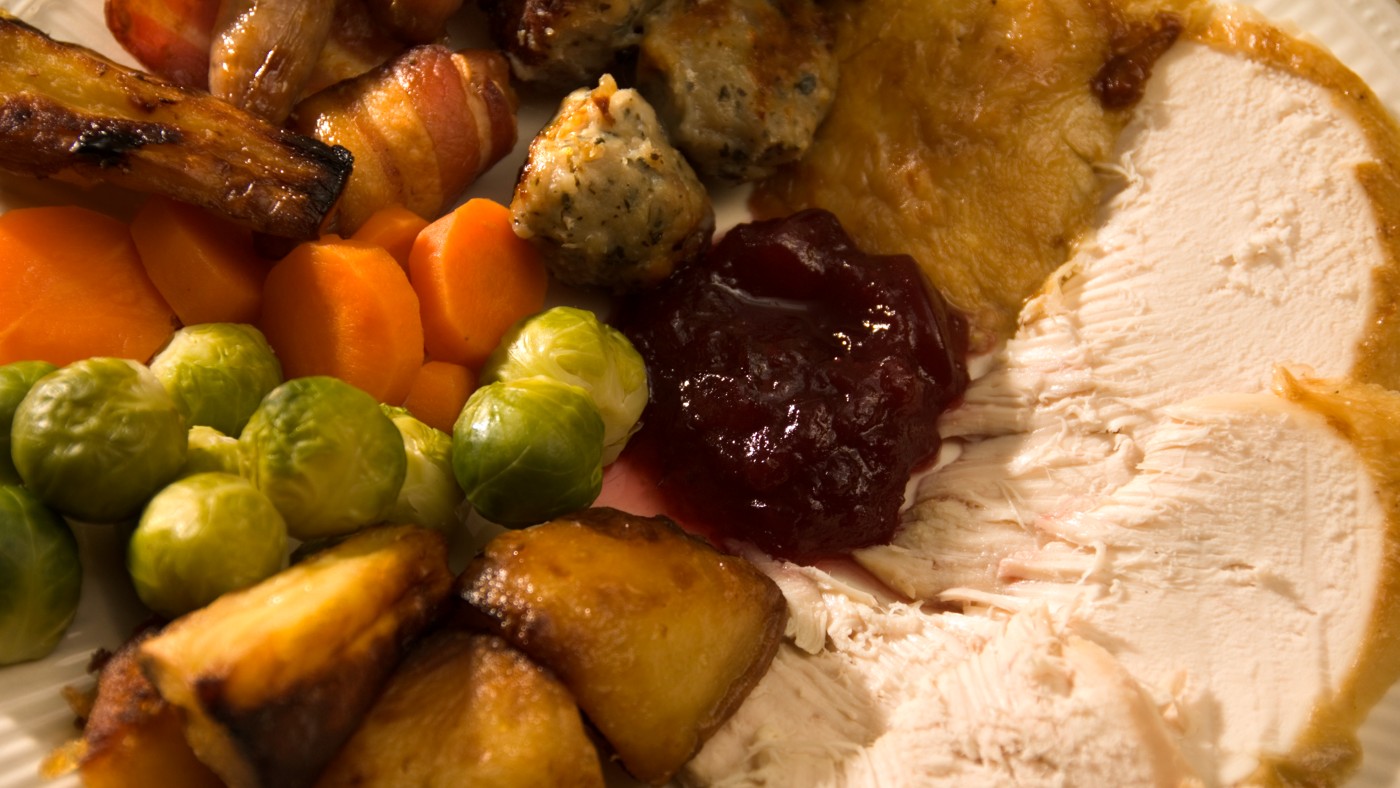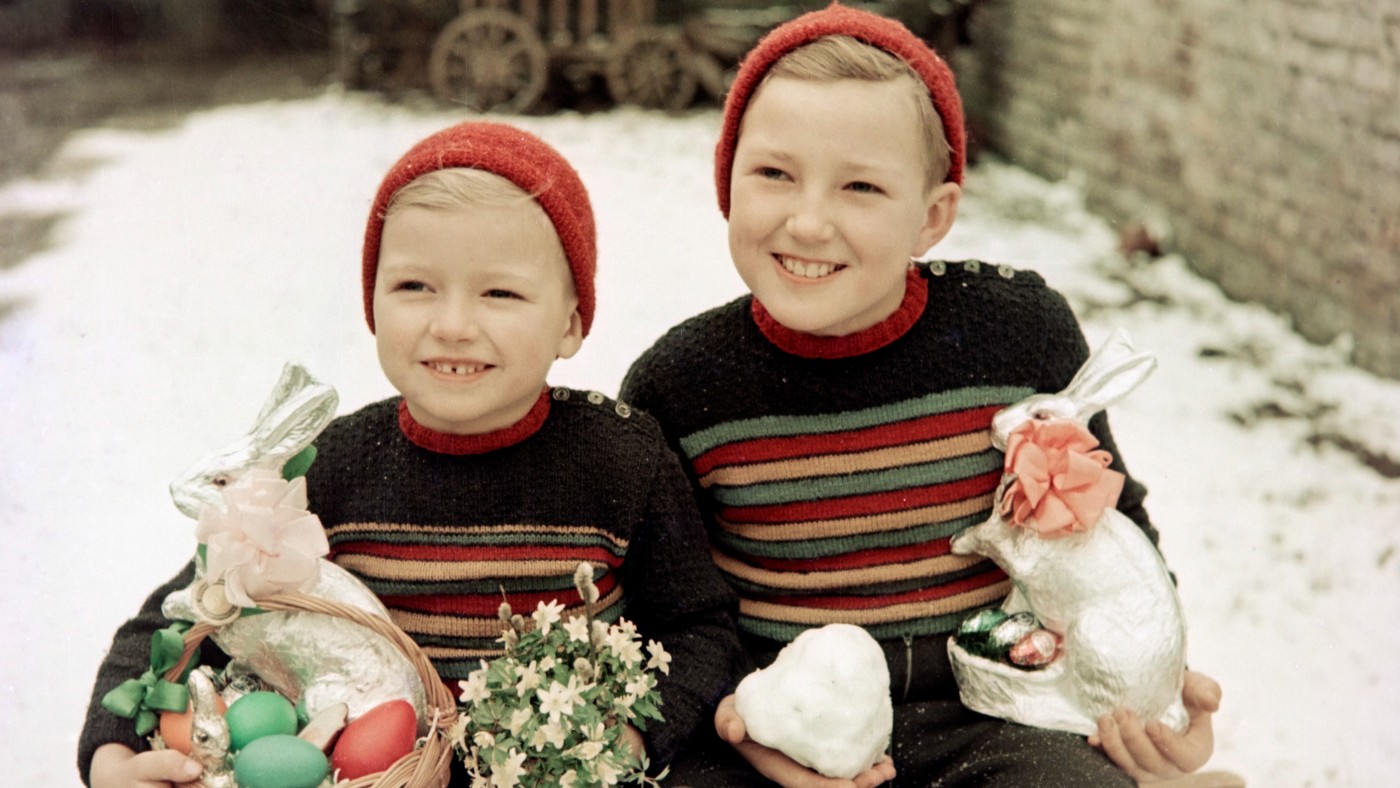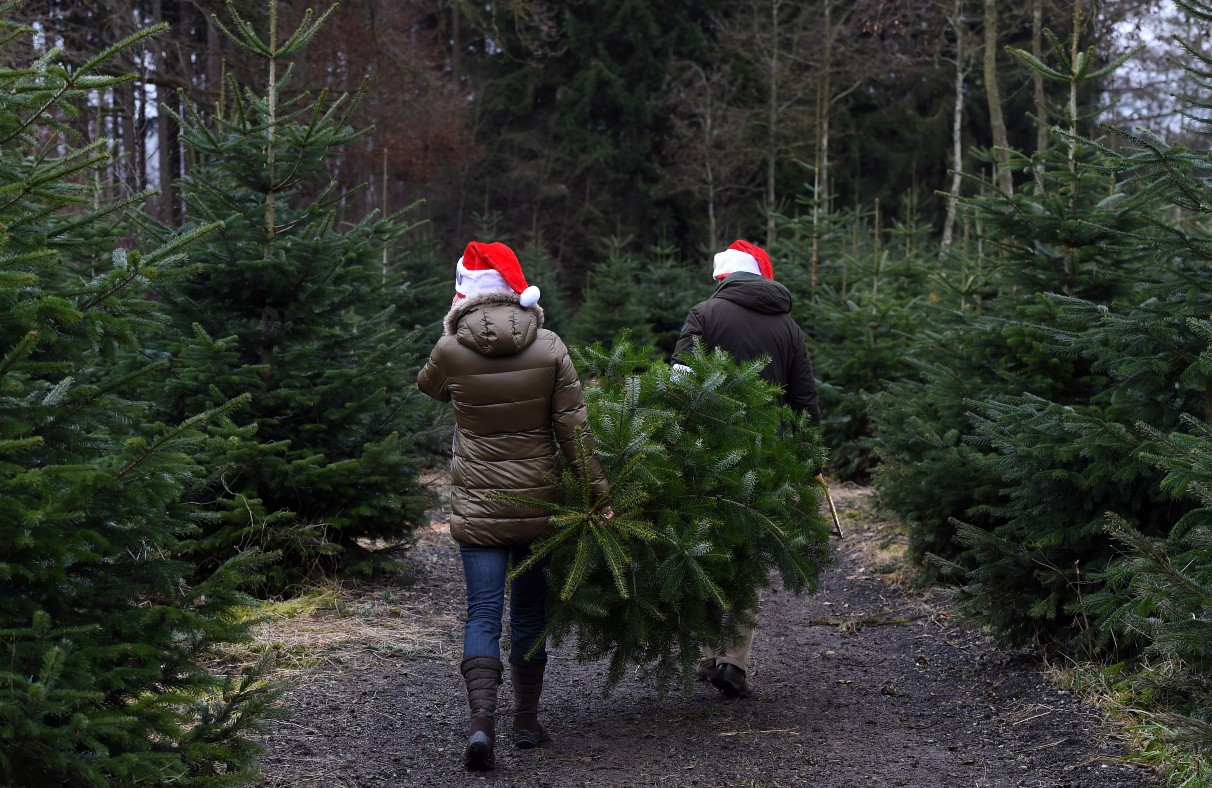Why do we celebrate Boxing Day and how was it named?
Now a day a sports and sales for many Brits, the festive public holiday has medieval roots

A free daily email with the biggest news stories of the day – and the best features from TheWeek.com
You are now subscribed
Your newsletter sign-up was successful
For most people in the UK, Boxing Day is all about sport, sales and leftover turkey. But what are the origins of this public holiday, and where is it celebrated?
What is Boxing Day?
Historians disagree on exactly how and when Boxing Day was given its name. According to travel writer Bill Bryson, the roots of Boxing Day go back to medieval times, when alms boxes in churches would be opened and the donations given to the poor.
Traditionally it was the day of the year when servants and tradespeople were presented with gifts (or "boxes") from their employers. The boxes were known in France as “tirelire” and are referred to in Randle Cotgrave's A Dictionarie of the French and English tongues from 1611: “Tirelire, a Christmas box; a box having a cleft on the lid, or in the side, for money to enter it; used in France by begging Fryers, and here by Butlers, and Prentices, etc.”
The Week
Escape your echo chamber. Get the facts behind the news, plus analysis from multiple perspectives.

Sign up for The Week's Free Newsletters
From our morning news briefing to a weekly Good News Newsletter, get the best of The Week delivered directly to your inbox.
From our morning news briefing to a weekly Good News Newsletter, get the best of The Week delivered directly to your inbox.
A similar theory is that Boxing Day originated in the late Roman-early Christian era, when metal boxes placed outside churches were used to collect special gifts and donations tied to the Feast of Saint Stephen, which in Latin ecclesiastical tradition falls on 26 December.
Others tie it to the days when British servants were given boxes of leftovers and a day off after preparing and serving Christmas dinner for their lords and ladies. Samuel Pepys noted the existence of such boxes in his diary in 1663.
And some say Boxing Day was named after the sealed box containing money for good luck found on board great sailing ships during the Age of Exploration. If the voyage was a success, the box was given to a priest, opened at Christmas, and the contents distributed to the needy.
As an official holiday in the UK, Boxing Day only dates back to the 1800s, when there are numerous recordings of employers giving their staff Christmas presents, or “boxes”, to celebrate the season.
A free daily email with the biggest news stories of the day – and the best features from TheWeek.com
When and where is it marked?
Boxing Day is normally marked on 26 December, the day after Christmas Day. This year it falls on a Sunday, so Tuesday 28 December has been provided as a substitute bank holiday instead.
As Christmas Day also falls on a weekend this year, Monday 27 December has also been given as a substitute bank holiday, so many UK workers won’t return to work until the Wednesday of that week.
Boxing Day is marked in the UK and other Commonwealth countries across the world, including Australia, Canada, New Zealand and South Africa. However, it is not widely celebrated in the US, with many people returning to work on the day after Christmas. In Ireland, 26 December is a public holiday, but it is called St Stephen’s Day to commemorate the Christian martyr St Stephen.
How do we celebrate these days?
Nowadays, the day is used to spend time with family and friends, especially those who were away for Christmas Day. Many attractions around London that close for Christmas are set to reopen on Boxing Day. This year, there’s the opportunity to skate around the Natural History Museum Ice Rink for the final time.
Traditionally, people also use the day to shop, taking advantage of annual Boxing Day sales. The Sun reported in 2018 that shoppers blew £8.8m per minute on Boxing Day, with an estimated 27m people taking part in the retail blitz.
However, the following year, The Guardian described the Boxing Day sales as a “damp squib”. Retail analysts Springboard said shopper numbers were down by around 10% on 2018, blaming a combination of bad weather and rival Black Friday discounts offered in November.
And in 2020, sales were down even further, by more than half on 2019, thanks to huge swathes of the country being under tight Covid-19 restrictions. Online shopping rose on the day but only by 5%, according to the Centre for Retail Research and The Guardian.
Around the UK, there are odd traditions associated with Boxing Day, such as the Boxing Day swims, when participants submerge themselves in ice-cold water.
Tenby’s famous Boxing Day dip is celebrating its 50th year. The annual stampede on the Pembrokeshire town’s North Beach starts at 11.30am, and swimmers can look forward to the warmth of a bonfire on the beach, as well as hot soup, when they return to the shore.
What else is on this Boxing Day?
If you’re looking to head out on Boxing Day, Christmas at Kew is always a grand affair. Sparkling tunnels of light lead visitors through the stunning southwest London gardens, passing trees drenched in jewel-like colours, dancing waterside reflections and a panoramic light display.
If you’re in London, Hyde Park’s Winter Wonderland is also open until 3 January, so if you are not Christmas-ed out, you can get another fix of festivity. And the National Trust has several historic houses across the UK that have been decked out for Christmas and offer a great way to learn about Christmases past (plus perhaps get decor inspiration for next year).
Or if staying at home is more your style, there’s some top-notch Boxing Day telly on this year. Top picks include the first ever Death in Paradise Christmas special and a double bill of new BBC drama Around the World in 80 Days, starring David Tennant.
-
 Switzerland could vote to cap its population
Switzerland could vote to cap its populationUnder the Radar Swiss People’s Party proposes referendum on radical anti-immigration measure to limit residents to 10 million
-
 Political cartoons for February 15
Political cartoons for February 15Cartoons Sunday's political cartoons include political ventriloquism, Europe in the middle, and more
-
 The broken water companies failing England and Wales
The broken water companies failing England and WalesExplainer With rising bills, deteriorating river health and a lack of investment, regulators face an uphill battle to stabilise the industry
-
 Nan who charges family for Christmas dinner puts up price
Nan who charges family for Christmas dinner puts up priceTall Tales And other stories from the stranger side of life
-
 Woman solves 'rude neighbour' mystery
Woman solves 'rude neighbour' mysteryTall Tales And other stories from the stranger side of life
-
 Office Christmas parties give us sleepless nights
Office Christmas parties give us sleepless nightsTall Tales And other stories from the stranger side of life
-
 'Dead' woman nearly suffocated in morgue bag
'Dead' woman nearly suffocated in morgue bagTall Tales And other stories from the stranger side of life
-
 World's 'smelliest cheese' hits shelves
World's 'smelliest cheese' hits shelvesTall Tales And other stories from the stranger side of life
-
 White Easter more likely than a white Christmas
White Easter more likely than a white ChristmasTall Tales And other stories from the stranger side of life
-
 Why Yorkshire town’s Christmas tree is still up
Why Yorkshire town’s Christmas tree is still upfeature And other stories from the stranger side of life
-
 ‘Keir Starmer’s lead in the polls is his chance’
‘Keir Starmer’s lead in the polls is his chance’Instant Opinion Your digest of analysis from the British and international press